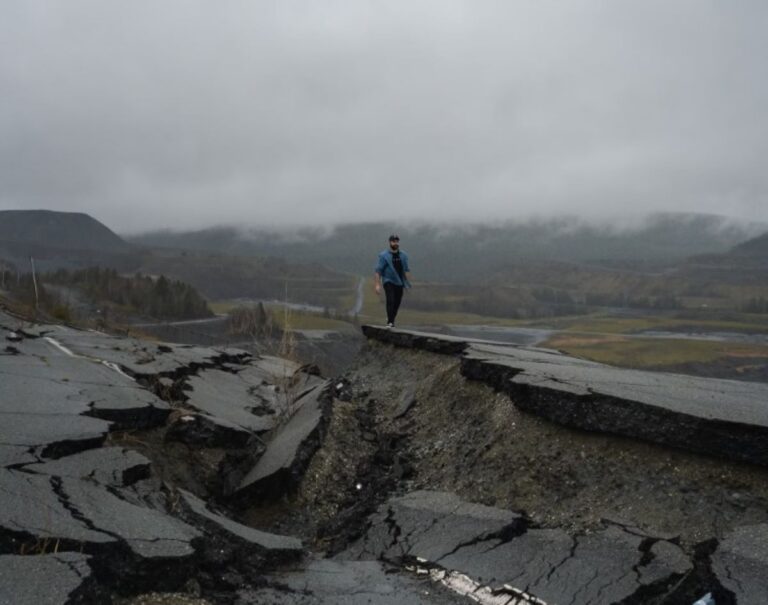Can climate change affect earthquakes? As is known, climate change, and therefore the long-term changes triggered by global warming, in turn caused by anthropogenic greenhouse gas emissions, has a proven role in increasing the frequency and severity of extreme meteorological phenomena.
We are therefore talking about catastrophic floods, heat waves as well as cold waves, not to mention floods and fires encouraged by drought. There is no doubt about the role of global warming behind all these harmful phenomena, with all the further negative consequences in terms of biodiversity, food security, migration and so on.
However, never before has anyone claimed that climate change can influence earthquakes: the first to do so was a study by the Massachusetts Institute of Technology (MIT) of 2024.
Table of Contents
Multiple earthquakes and climate
According to MIT scientists, climate can actually play an important role in triggering seismic events. To verify and demonstrate this theory, researchers studied the earthquakes that have been recorded in recent years in a specific location in Japan, namely the Noto peninsula.
The scientists chose to dedicate themselves to this area as it was hit by a particular swarm of earthquakes, i.e. a characteristic pattern of multiple earthquakes without obvious mainshocks (where mainshocks are usually recorded, followed over time by aftershocks).
Starting from this data, the MIT researchers tried to identify the factors that led to this peculiar pattern, developing for this purpose a hydromechanical model of the area. For this purpose they also took into consideration and inserted the data relating to rainfall , rain and snow, as well as sea level data.
By doing so, scientists were able to understand how much climate phenomena can actually impact the subsoil, changing the pressure level. And in fact, by comparing the data relating to climate evolution and the swarm of earthquakes, the researchers found a certain synchrony
Snowfalls and other meteorological phenomena end up changing the level of stress in the subsoil, so as to have correlations between precipitation intense and earthquakes. The next step remains to understand whether climate change can influence earthquakes, and how.
How climate change can affect earthquakes
The researchers wanted to underline that, without a shadow of a doubt, the first and main factor that can determine or not an earthquake is represented by plate tectonics. In short, the reasons for the movements of the subsoil in turn lie above all under our feet.
However, it is not wrong to say that there are also other minor factors to consider, including those of a climatic nature. From this point of view, yes, climate change can influence earthquakes, since as seen, climate change also leads to extreme events, among other things.
As explained by one of the authors of the study, William Frank, “if we are truly entering a climate that is changing, with increasingly extreme precipitation events, and if we expect a redistribution of water in the atmosphere, oceans and continents , this will change the way in which the Earth’s crust is put under stress” and, he adds, “this will certainly have an impact”.
Read also: What is climate change mitigation? The 7 strategies to save the planet












